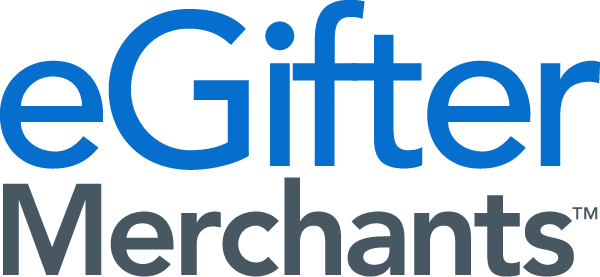Startups based at LaunchPad Long Island, a network of co-working spaces, have received more than $14 million in equity and angel investments since the network’s founding four years ago.
Started in 2013 with four tenants in a renovated former Mineola law firm, LaunchPad has grown across the Island, with more than 125 tenants. The network of branded work spaces, often outfitted The network of branded work spaces, often outfitted with open-plan, modern interiors and ping pong tables, is now recognized as a certified incubator through the state’s Certified Business Incubator program.
Andrew Hazen, founder and chief executive of LaunchPad, said the concept has come a long way from the co-working space’s original purpose.
“The initial goal was to actually create a venue where I could find early-stage companies to invest in,” said Hazen, who launched the business with former partner Richard Foster. The plan was to have 40 percent of the companies be part of his personal portfolio, but today he has investments in only a handful of the companies, including eGifter, a provider of online gift card services based at LaunchPad Huntington.
Hazen is also chief executive of Angel Dough Ventures, an angel investor group; BobbleBoss, a custom bobblehead maker, and Bagel of the Month Club, as well as an attorney at Ruskin Moscou Faltischek in Uniondale.
“People were so engaged with what we’re doing they really wanted more,” he said.
Unlike the first Mineola site, which Hazen operated directly, LaunchPad locations now work on a license model where potential operators suggest locations for the incubators, pay annual licensing fees and, in return, receive branding rights, online marketing services and access to community events, such as LaunchPad’s Shark Tank-like monthly pitch nights.
Monthly rents vary by location, and range from $100 -$400 for access to a desk to more than $1,000 for private offices.
While LaunchPad’s locations operate independently, the aim at each one is to provide a place for small companies to collaborate and grow, making tenant selection important, said Phil Rugile, director of Launchpad Huntington.
While LaunchPad startups get access to collaborative work environments, educational resources and opportunities to meet with potential investors, they still face the same challenges of any new business, Rugile said.
Former LaunchPad Huntington tenant Scott McQuilkin said he found the networking and community to be invaluable at LaunchPad, but still couldn’t get his idea for a coding school off the ground.
McQuilkin said he was “handcuffed” by an inability to get the right financing. He ceased work on his startup Long Island Tech Academy in 2015 after struggling to find qualified students. While that project never panned out, McQuilkin, who also works as an adjunct professor of mobile app development at St. Joseph’s College, currently works at a tech startup in Manhattan and is seeking funding for another startup.
While his full-time job in the city takes him to a co-working space operated by WeWork, a global co-working space provider, McQuilkin said LaunchPad does a better job at creating a sense of community.
Rugile said the Huntington site initially was home to “a fair number of startup guys who were just out of college and they all failed within six months,” resulting in a 50 percent drop in occupancy in its first year in operation. Occupancy at the site has since more than doubled, and turnover is low, he said.
Behind LaunchPad’s growth has been its ability to partner with many institutions in Long Island’s tech community. Within the last three years, LaunchPad opened two new locations at NYIT and Stony Brook University.
“It provides opportunities for those folks who are ready to move beyond the kitchen table” but don’t have the resources to open an independent office, said Ann-Marie Scheidt, director of economic development at Stony Brook University.
For many tenants, LaunchPad provides an environment to network in ways not possible before.
DeCarlo, who started his company last year during his senior year at the University at Albany, said after moving his startup to his father’s basement in Commack, he realized he needed a different place to grow his fledgling business.
“I know remote working is big, but for me personally, I’m so much more productive when I’m in this environment,” he said.
For more information about LaunchPad, click here. Be sure to visit eGifter.com here.






